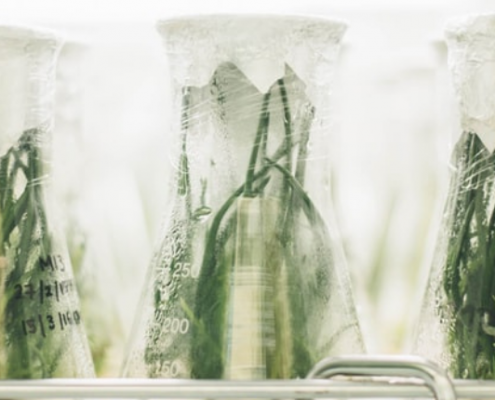Research finds key advances towards reducing the cost of plant improvement
By: Donald Danforth Plant Science Center
Crop improvement often involves the transfer of genetic material from one organism to another to produce a valuable trait. However, when foreign DNA is introduced into a host organism, a natural defensive response in plants is to repress or silence the expression of the unfamiliar genetic material. This “silencing,” a process known to involve DNA methylation, is a multimillion-dollar problem in the global agricultural improvement industry.
Research spearheaded by Keith Slotkin, Ph.D., member, Donald Danforth Plant Science Center, has established a new understanding as to how DNA methylation begins in the first place—in other words, how the silencing of new and foreign genetic material is triggered in plants. They found An siRNA-guided ARGONAUTE protein directs RNA Polymerase V to initiate DNA methylation.
Normally, breeders need to start with thousands of plants to identify the few that express, instead of repress, the trait of interest. By discovering how and why DNA methylation occurs, this work enables crop breeders to avoid the silencing of the trait from the outset. “One day we could start with three plants instead of thousands. All of the time and money that is usually put into producing a crop is slimmed down,” said Slotkin.
Content



 Elliot Connor
Elliot Connor  Wikipedia.com
Wikipedia.com